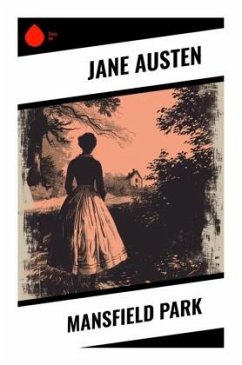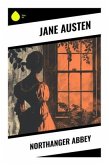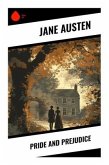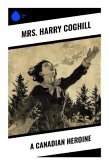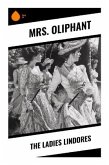Set against the backdrop of early 19th-century England, Jane Austen's "Mansfield Park" is a compelling exploration of social class, morality, and personal integrity. The novel follows Fanny Price, a poor relation sent to live with her wealthy relatives at Mansfield Park. Through Austen's signature wit and keen social commentary, readers navigate the complexities of familial relations and societal expectations, revealing a nuanced tapestry of moral dilemmas. The novel's structure, characterized by its rich character development and psychological depth, reflects the prevalent literary style of the time, merging realism with romance to critique the ethics of both the landed gentry and the emerging middle class. Jane Austen, born in 1775, is renowned for her incisive examinations of gender and class, stemming from her own experiences in a society marked by rigid social hierarchies. Drawing from her personal observations of family and community dynamics, Austen crafted Fanny as a voice of reason amidst the moral ambiguities of her social circle. Her own insights into the struggles of women in securing agency and respectability deeply informed the novel's themes. "Mansfield Park" is highly recommended for readers seeking a profound yet accessible reflection on moral philosophy and social critique within the guise of romantic fiction. Austen's masterful prose invites readers to contemplate the complexities of marital politics and virtue, making this work an essential addition to the canon of English literature.
Bitte wählen Sie Ihr Anliegen aus.
Rechnungen
Retourenschein anfordern
Bestellstatus
Storno

